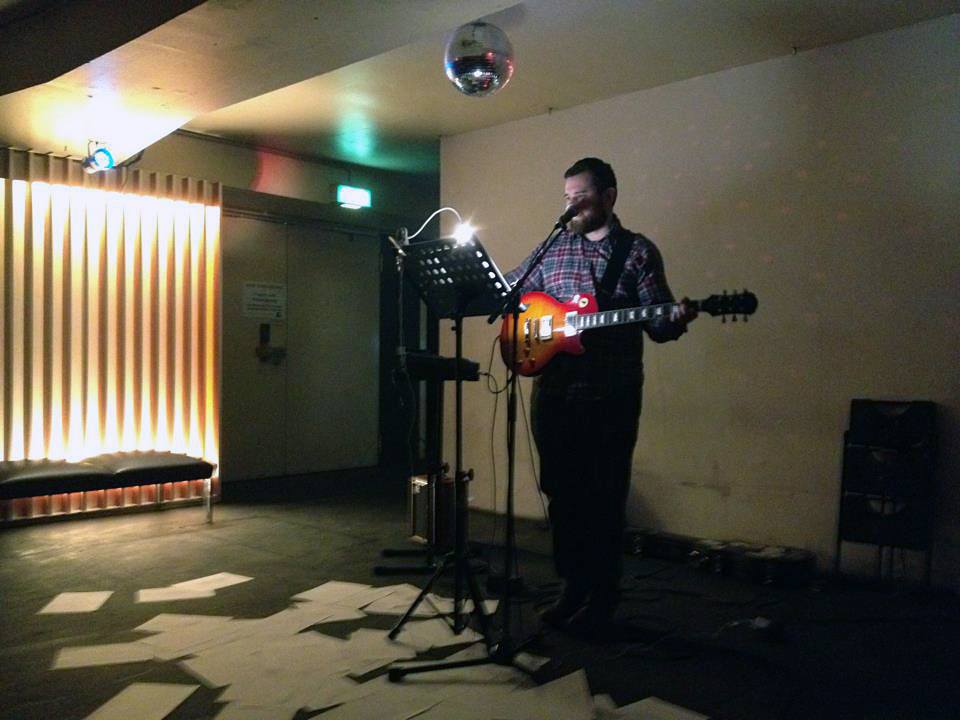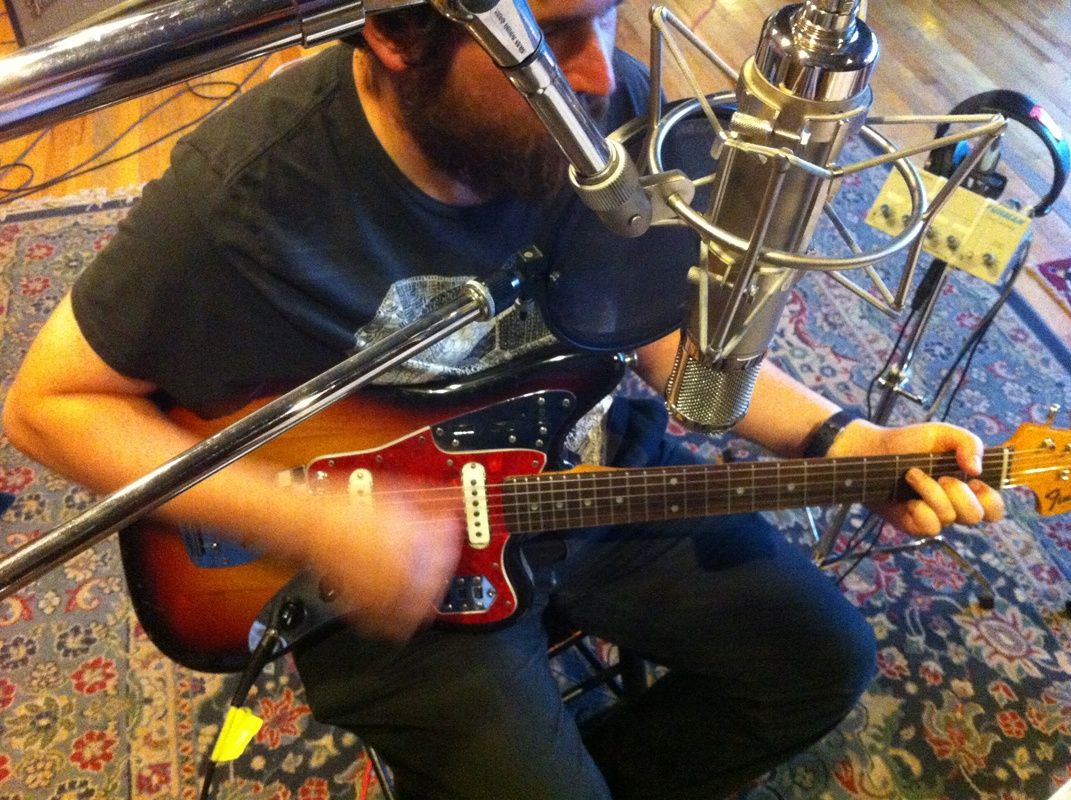Well, I usually describe myself as someone who makes “literature, collaborative performances and exhibitions.” No particular reason I chose to put literature first in that list, since those are three things I do, and I feel substantial parts of my life and practice are entangled in each of these questions – of course with an interest in so many other things as well. (It seems I prefer to think of them as questions, rather than as forms, histories or milieus. Even more, I like to think of them as open questions. Very open questions.) For most of my professional life I believe I’ve been most known for my performance work, but lately it’s been shifting, and now perhaps I’m somewhat more known for my books. I see no reason why, in the future, it might not shift again in some other, as of yet unexpected manner. And I’m always quite surprised how different people, if they know about my work at all, often know about it through completely different aspects, different entry points, and how this leads to understanding what I do in different ways. I also often try to understand what I do in different ways. I’m not sure how I see the relationship specifically between literature and visual art. But as I’ve said before: one of my desires for twenty-first century art is that more of the barriers between the disciplines continue to break down. That, for example, artists working in conceptual poetry would know more about what’s happening in conceptual dance. I think, because of the way different art forms are taught, and also because of funding structures, there is not nearly enough interdisciplinary dialogue. Groundbreaking things begin to happen when artists stop thinking only about their own narrow field and examine art in some larger sense.





